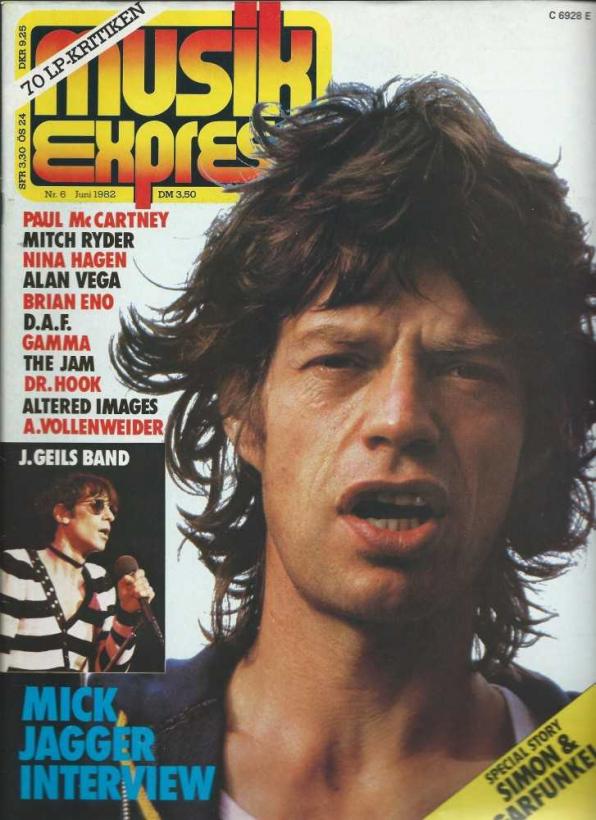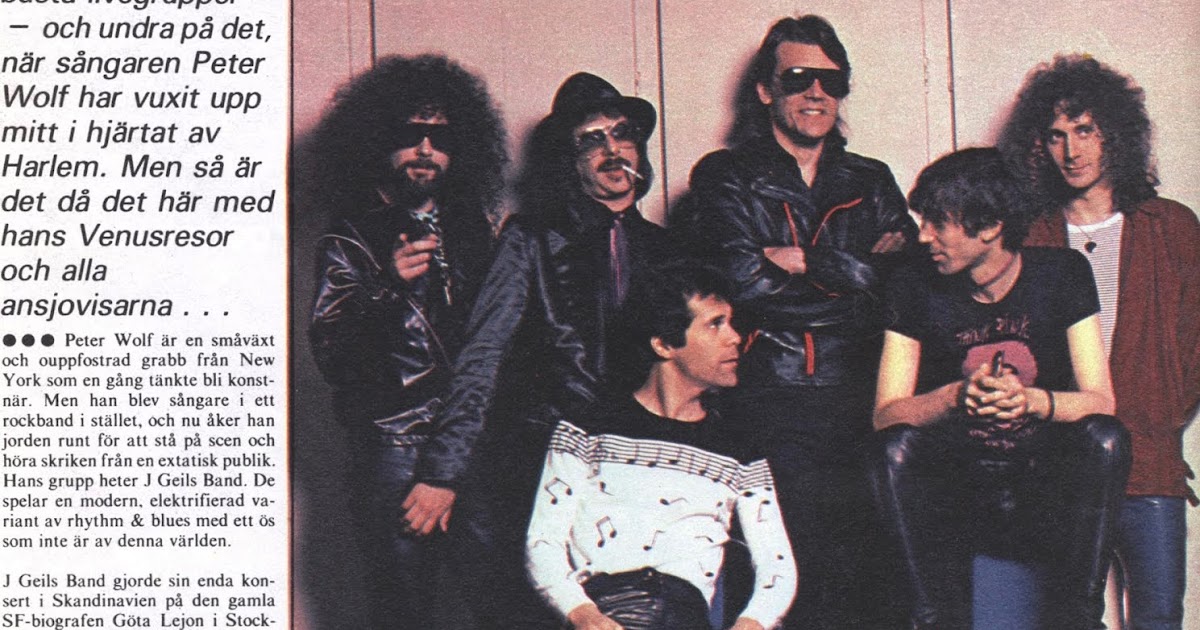

The live album Showtime! became a gold album shortly after its late 1982 release. "Centerfold" shot to the top of the charts late in 1981, spending six weeks at number one its follow-up, "Freeze-Frame," was nearly as successful, reaching number four in the spring of 1982. Supported by the infectious single "Centerfold" - which featured a memorable video that received heavy MTV airplay - and boasting a sleek, radio-ready sound, Freeze Frame climbed to number one. Love Stinks (1980) expanded the group's following even more, peaking at number 18 in the charts and setting the stage for 1981's Freeze Frame, the band's high watermark. Sanctuary slowly gained a following, becoming their first gold album since Bloodshot. Geils Band left Atlantic Records for EMI, releasing Sanctuary later that year. The group's second album, The Morning After, appeared later that year and, thanks to the Top 40 hit "Looking for a Love," the album expanded the band's following. Geils Band was a regional hit upon its early 1970 release, and it earned favorable reviews, especially from Rolling Stone. Justman joined the band in 1968, and the band continued to tour for the next few years, landing a record contract with Atlantic in 1970. Soon, the band had earned a sizable local following, including Seth Justman, an organist who was studying at Boston University. Geils Band, whose members positioned themselves as tough '50s greasers in opposition to the colorful psychedelic rockers who dominated the East Coast in the late '60s.

Wolf and Bladd's specialized tastes became a central force in the newly revamped J. In 1967, drummer Stephen Jo Bladd and vocalist Peter Wolf joined the group, and the band went electric. Geils, bassist Danny Klein, and harpist Magic Dick (born Richard Salwitz) began performing as an acoustic blues trio sometime in the mid-'60s. By the time the band prepared to record a follow-up, tensions between Justman and Wolf had grown considerably, resulting in Wolf's departure, which quickly led to the band's demise. In the early '80s, the group tempered its driving rock with some pop, and the makeover paid off with the massive hit single "Centerfold," which stayed at number one for six weeks. Seth Justman, the group's main songwriter, could turn out catchy R&B-based rockers like "Give It to Me" and "Must of Got Lost," but these hits never led to stardom, primarily because the group had trouble capturing the energy of its live sound in the studio.


While their muscular sound and the hyper jive of frontman Peter Wolf packed arenas across America, it only rarely earned them hit singles. Geils Band was a bar band pure and simple, churning out greasy covers of obscure R&B, doo wop, and soul tunes, cutting them with a healthy dose of Stonesy swagger. Where their contemporaries were influenced by the heavy boogie of British blues-rock and the ear-splitting sonic adventures of psychedelia, the J. Geils Band was one of the most popular touring rock & roll bands in America during the '70s.


 0 kommentar(er)
0 kommentar(er)
